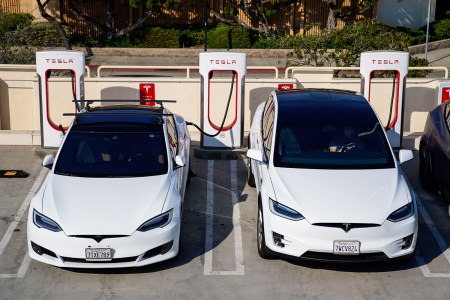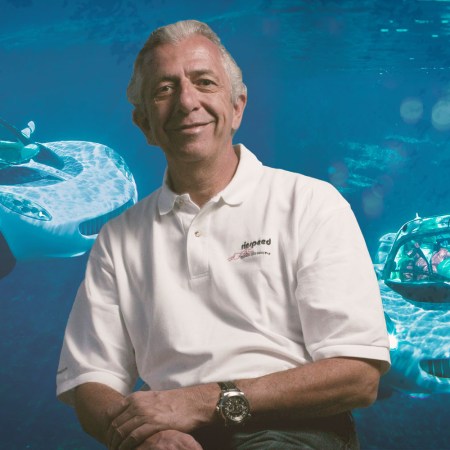There are a few different ways in which driving cars and trucks can be made more environmentally friendly. While going electric has, understandably, gotten a lot of press in recent years, it’s not the only green energy source that could contribute to a future in which fewer fossil fuels are used. There’s also biodiesel — but biodiesel creates a whole other array of questions. Depending on what the “bio” used to make the fuel is, growing plants to turn into biofuel could interfere with other aspects of agriculture.
It’s one of the reasons why oil companies have historically touted their support for turning algae into biofuels. As The Guardian reports, however, that support isn’t what it used to be. As the article details, ExxonMobil recently ended its financial support for researchers working to convert algae into a viable fuel source. The company had invested $350 million, according to a company spokesperson.
As The Guardian notes, ExxonMobil had worked closely with a company called Viridos, which was genetically engineering a type of algae to produce more lipids. Produce more lipids, the thinking went, and you’d eventually have a type of algae that would lead to a viable biofuel. From the data cited by The Guardian, it sounds as though Viridos was getting closer to a target number, but wasn’t all the way there.
Can We Stop Inserting Electric Cars Into the Culture Wars?
A Wyoming legislator introduced a bill to ban the sale of EVs by 2035, but admits it’s just a stuntExxonMobil may have ended its investment, but Viridos is continuing on in its biofuel work. The company recently announced $25 million in Series A equity investment. The old adage about this being a marathon rather than a sprint seems to apply here — even when the race in question is being conducted by four-wheeled vehicles.
Thanks for reading InsideHook. Sign up for our daily newsletter and be in the know.


















